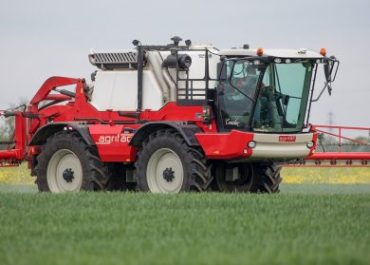Farm in east Riding, UK, spraying peas to prevent foot rot and fusarism.
Category: Blog
-
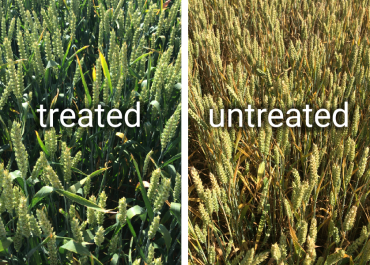
Give your winter wheat a treat
Winter wheat needs a combination of phosphorus, potassium and micro-nutrients, but the most important single nutrient is nitrogen, which the plants will need throughout the growth cycle.
It’s important to get the right balance of nutrients for a successful winter wheat crop, so we have a programme of smart liquid fertilisers to help give your plants the nutrients they need.
Here’s a side by side comparison that shows the visible difference that using our smart liquid fertilisers can make to winter wheat:
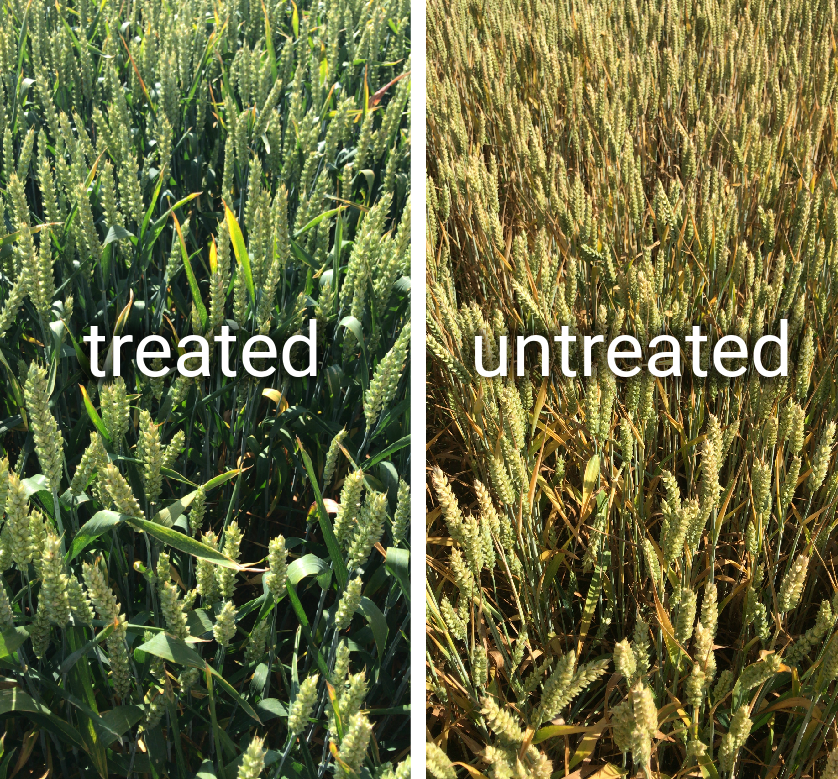
Nutrition is key for winter wheat success
Shortages of nitrogen (N) and phosphorus (P) can lead to reduced tillering, reduced head size and poor grain fill, but nitrogen also helps with protein count and phosphorus helps with reduced winter-killing, water efficiency, hastened maturity and lower grain moisture at harvest. Potassium (K) can increase moisture and help the plants to use nitrogen more efficiently with decreased disease lodging.
We recommend two applications of Delta of 2.5l/ha three to six weeks apart during early drilling followed by a further 5l/ha during late drilling. This should be followed by another application of 2.5l/ha pre-emergence. When the first true leaves emerge, you should apply 2.5l/ha of Delta once more as well as 2.5l/ha of TipTop. This should then be followed by another 2.5l/ha application of TipTop when there are two true leaves.
Delta and CalFlux for winter wheat
Exclusive to Bionature in the UK, NHCA Delta contains calcium, nitrogen, ureic, nitrate, boron and calcium nitrate. It’s designed to resist leaching through the soil profile and avoid total loading of nitrogen by providing a stable source of nitrogen.
Calflux contains calcium and zinc and is designed to decrease waste due to dehydration, prevent tissue breakdown and increase calcium absorption. Used together, these products, which are both exclusive to Bionature, can help you winter wheat grow stronger and healthier with higher quality yields.
Bionature UK will be exhibiting at Croptec 2018 at stand 117, hall 1.
-
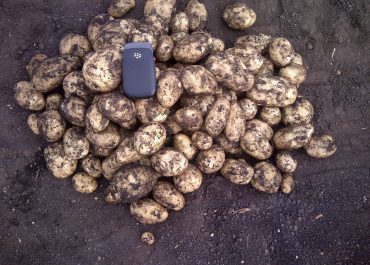
Spearhead Potatoes improve yields with Bionature fertilisers
Bionature has been working with Spearhead Potatoes, one of the UK’s leading suppliers of crisping and chipping potatoes to help them improve the quality and reliability of their crops. They supply potatoes to major producers and so quality is a priority.
This year, they’ve been trialling our range of smart liquid fertilisers and the results from the harvest show clear improvements.
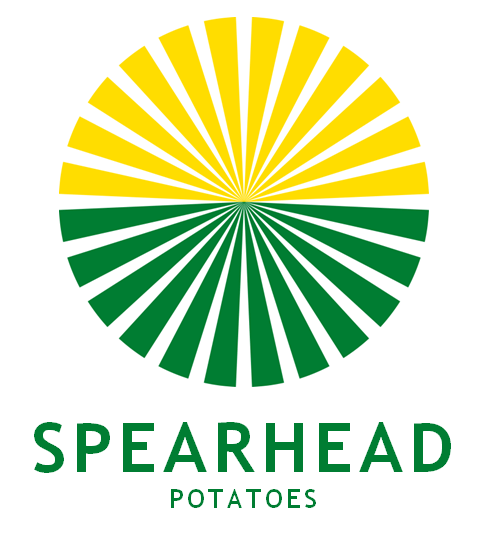
Commercial harvest yield assessments showed that Bionature treated crops had a 40.8% fewer defects than the untreated crops as well as lower glucose levels and fewer defects (sugars) throughout storage.
Not only that, the harvested potatoes had improved yields and the treated areas produced higher quality potatoes with improved skin finish. The potatoes Senescent sweetening occurred later in the treated area, making the potatoes more suitable for crisping and chipping and reducing the risk of acrylamide production.
Potatoes need a balanced crop nutrition strategy to get the best quality and improved yields. The plants need nitrogen, phosphorous, potassium, magnesium, calcium, sulphur, boron, copper, iron, manganese, molybdenum and zinc – a deficiency of any of these can have an impact on the crop. Our programme of smart liquid fertilisers is designed to give your plants all the nutrients they need, leading to improved plant growth, reduced calcium disorders, reduced internal browning, improved uniformity, increased tuber weight, productivity, improved resilience to stress, improved root development, reduced nitrogen loss and less ground water residue.
We recommend regular applications of NHCa Delta and 1-4-All Click here for our potato crop recommendation for dosage and application guidance.
In the Spearhead yield assessment, the team also observed improved lower glucose and defects (sugars) throughout storage, later senescent sweetening and improved factory quality. All of these would give the crops a commercial yield advantage.
We’re really pleased with the results of our work with Spearhead and we’re looking forward to helping more growers achieve similar results. We’re passionate about good crop nutrition so if you’d like to find out more about how we can help you, please contact us.
-
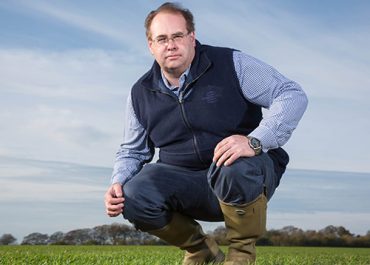
Lincolnshire farmer sets world record for combined peas
Record breaking 6.47t/ha achieved at first attempt with Bionature
Farmer Tim Lamyman has set a new world record for combining peas at his Lincolnshire farm, achieving 6.47t/ha thanks to a detailed crop nutrition programme from Bionature UK. The 8.23ha pea crop was harvested on August 25th at Lamyman Worlaby Farms on the top of the Wolds. It was the farm’s first pea harvest in more than 20 years, but comfortably beat the previous world record for combined peas of 5.21t/ha.
Grown on grade 2 chalky soil on a field with a history for record breaking yields, the large blue pea crop, variety LG Stallion, had an average of 15.35% moisture. Targeting crop nutrition throughout the growing season was the secret to success. Foliar application of Calflux gave the crop the addition zinc and calcium early on, along with Rainbow Wave for boron and molybdenum after flowering.
Calflux was vital for protecting pods and flowers against stresses
“Previously, this particular field has produced record yields of winter wheat of 16.5 t/ha and oilseed rape of 6.7 t/ha. The chosen field offered the potential to develop well-structured root systems, enabling easier nutrient uptake. Leaf samples were taken at four different stages through the crop’s growth cycle in order to identify nutrient deficiencies to which the relevant products were then applied, as required. Manganese deficiency is normally an issue with field peas, however, levels within the crop were adequate for most of the growing period. Probably because of the plant being better able to utilise available manganese in the soil as a result of other key nutrients being applied to the crop as required.”
In the news: reaction to record breaking pea harvest
Tim Lamyman, Lamyman Worlaby Farms
BBC Farming Today Podcast featuring Tim Lamyman’s world record pea harvest with LG Stallion https://t.co/nxzplYQ01c ? pic.twitter.com/vA1qVT0L4s
— LGSeedsUK (@LGSeedsUK) September 5, 2017
World record yielding combine pea crop harvested in Lincolnshire #harvest2017 #harvest17 #clubhectare https://t.co/1CwOBS3iNh pic.twitter.com/kRgqPMsJR6
— David Jones (@davidjonesFW) August 29, 2017
Congratulations to Tim Lamyman on new World pea yield record. Just spoken to him for #BBCLincsFarming Sunday morning at 7 @BBCRadioLincs
— Alan Stennett (@AlanStennett) August 31, 2017
“I have learnt a lot throughout this record attempt; nutrition of the crop is certainly key, and by making small tweaks to foliar and aphicide applications there is no reason to believe that we can’t push yields even higher next time. However, as with any crop the weather is always going to play a vital part and we didn’t come off too badly this year as we drilled into moisture and have had rain when required; perhaps the only thing we were lacking was good levels of sunlight while the pods were filling.”
Tim Lamyman
